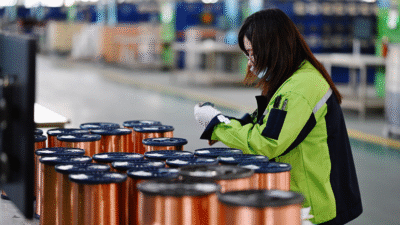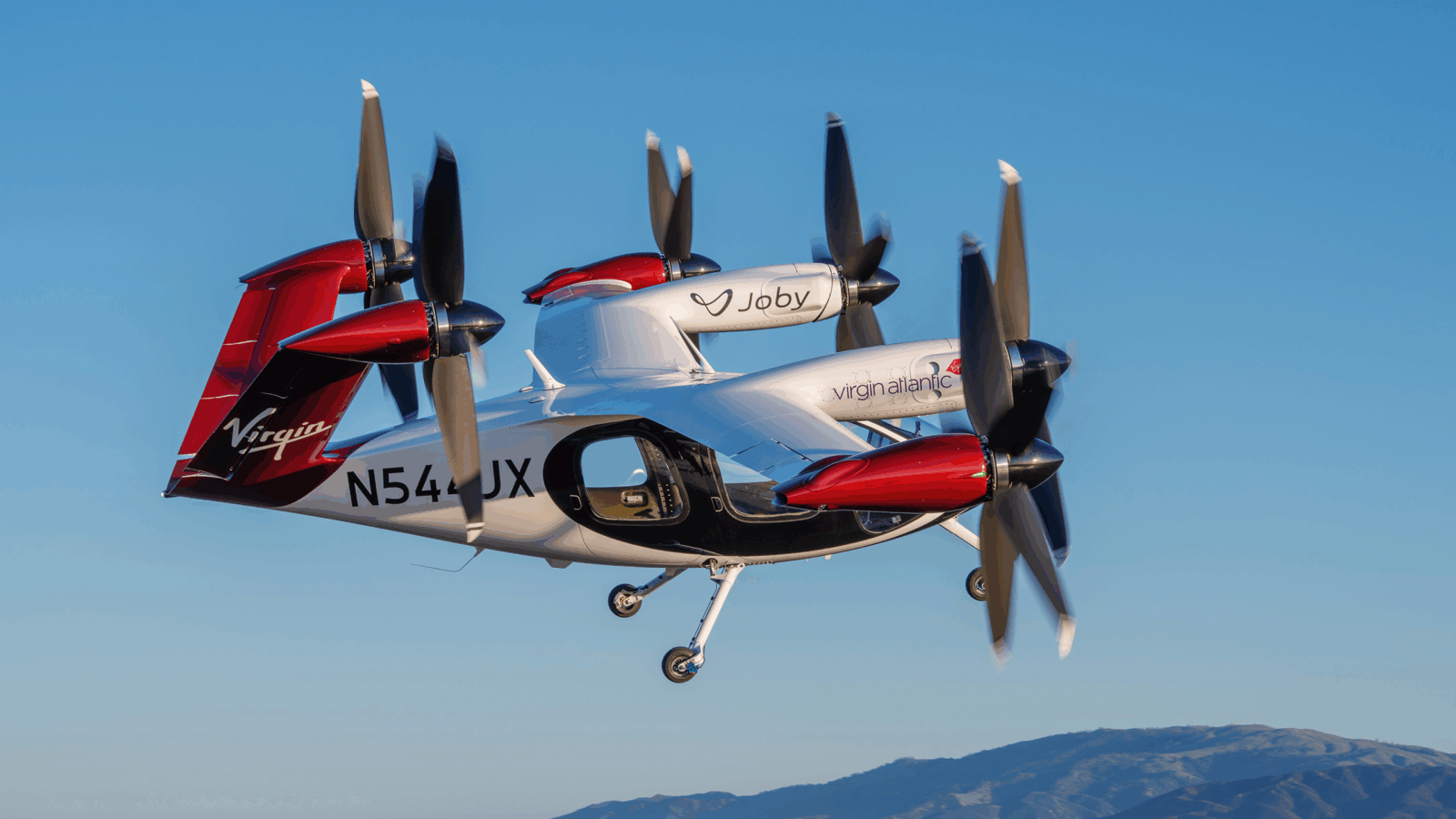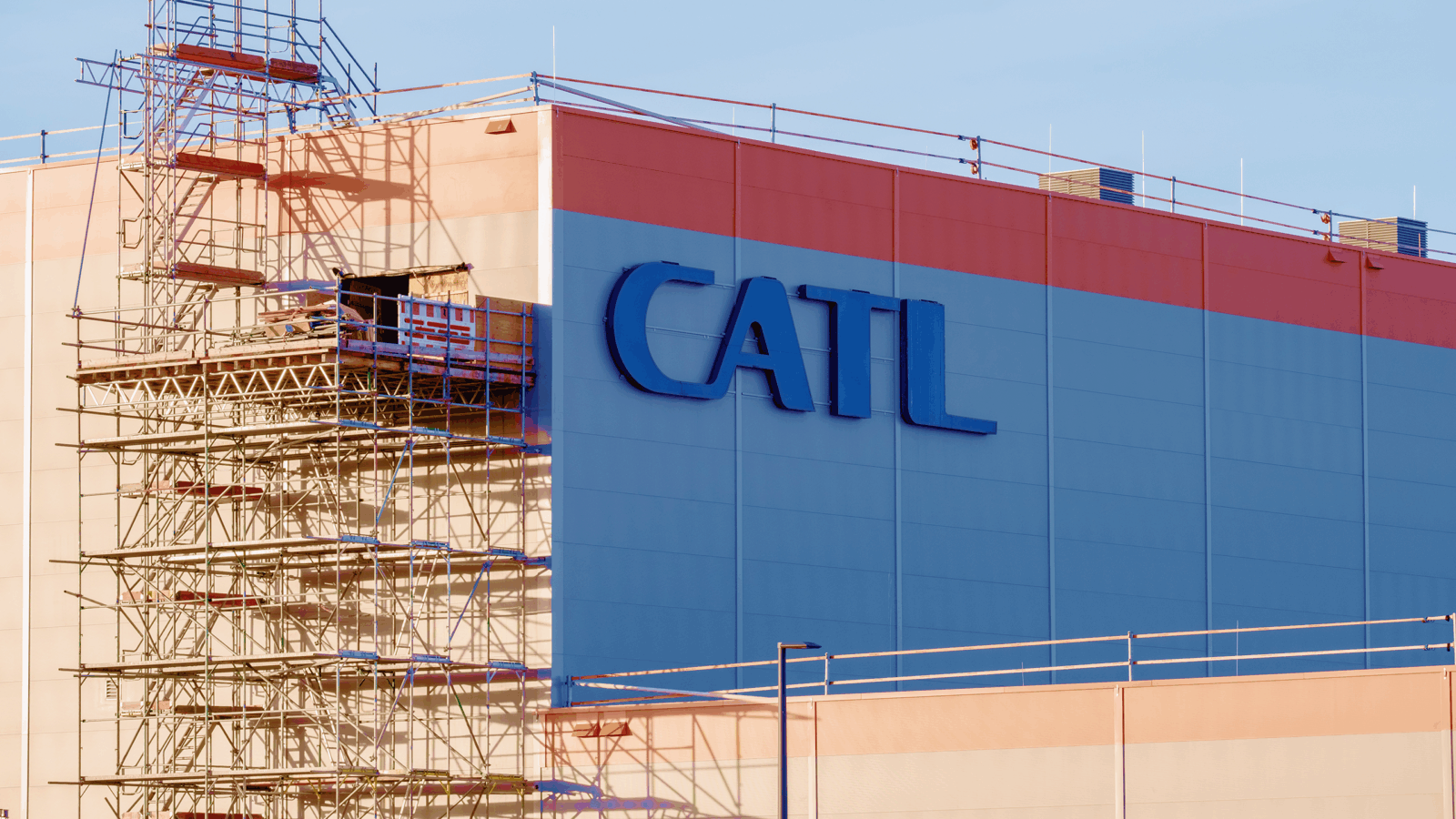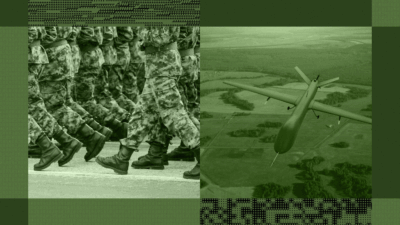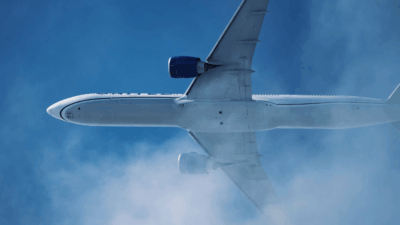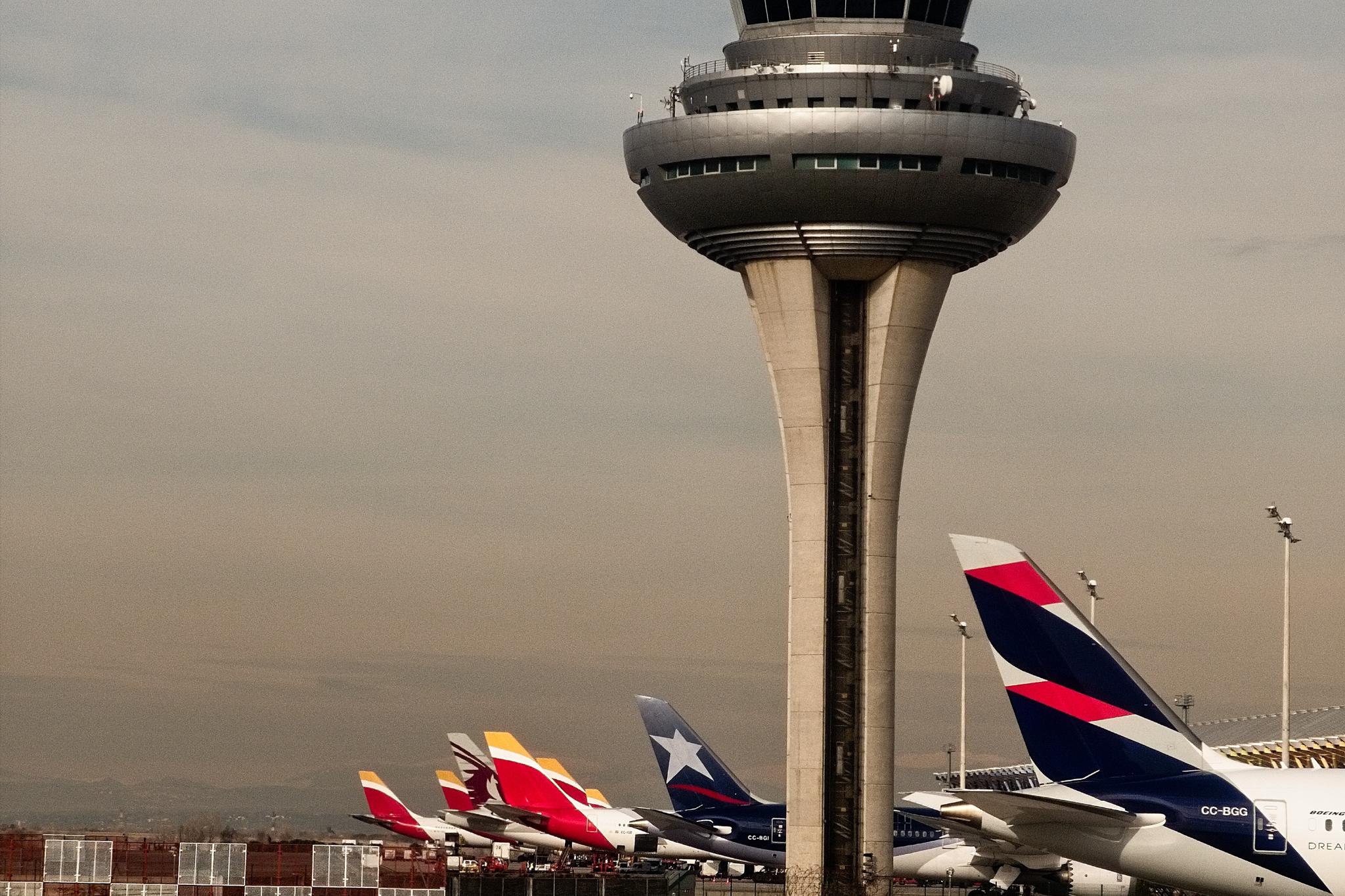
Sign up for smart news, insights, and analysis on the biggest financial stories of the day.
The air travel industry has enjoyed a smooth return flight to profitability, but relations with its workforce are bumpy.
Not only have pilots and aircraft staff dug their heels in on negotiations, but both the US and EU are reckoning with a major shortage of air traffic controllers. A June report from the FAA found that more than three-quarters of “critical” air traffic control facilities were staffed below the required 85% threshold.
Holes In The Sky
You’ve probably seen headlines over the past few months about how planes seem more prone to near-misses recently, and air traffic control shortages have also been blamed for a 37% uptick in delays in Europe. Sindy Foster, an aviation consultant, told The Daily Upside this is partly due to the pandemic, as access to training was restricted, while air traffic controllers and pilots retired at their normal pace.
The aviation industry is global by design, so when France sneezes, Britain catches full-blown, Dickensian tuberculosis:
- On August 28, a UK public holiday, one bad flight plan filed from France meant the airspace above Great Britain got so scrambled it resulted in huge swathes of cancellations and delays. Nearly 700 flights leaving UK airspace were canceled along with 786 flights scheduled to arrive in the country, aviation analytics firm Cirium told Bloomberg.
- Foster said the exact cause of the chaos is still under investigation, but it was possibly compounded not just by staff shortages, but by creaking computer systems.
“In a modern world, particularly at airports with significant traffic, computer systems do a lot of the heavy lifting and are relied upon, particularly when airports are human-resource-lite,” said Foster, adding: “Computer systems need to be more robust. I’ve heard air traffic systems around the world described as obsolete and aging. So it is more likely that a technology solution will be required to avoid a repeat of this occurrence in the future.”
Microterror: Pilots and aircraft crew have been agitating for better pay and, perhaps more importantly, less exhausting hours. In an August survey of 6,893 European pilots by aviation safety consultancy Baines Simmons, 75% said they’d experienced “microsleep” while operating an aircraft in the four weeks leading up to the survey. Seldom has a little snooze been so terrifying.

